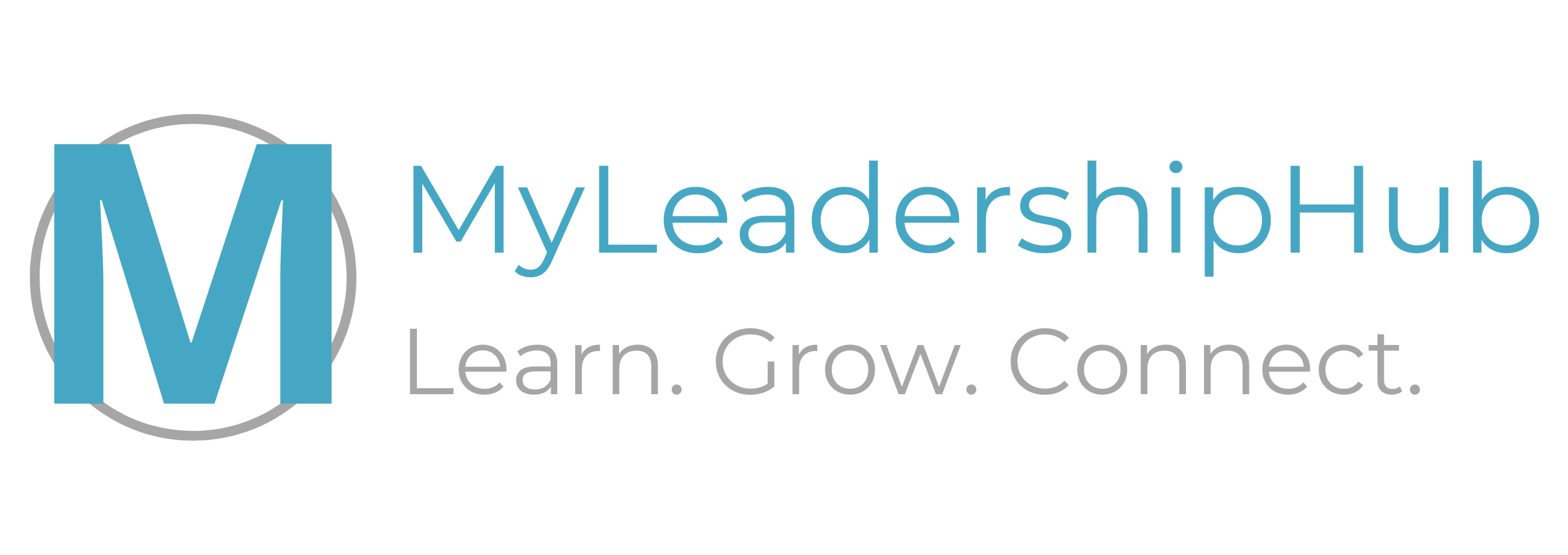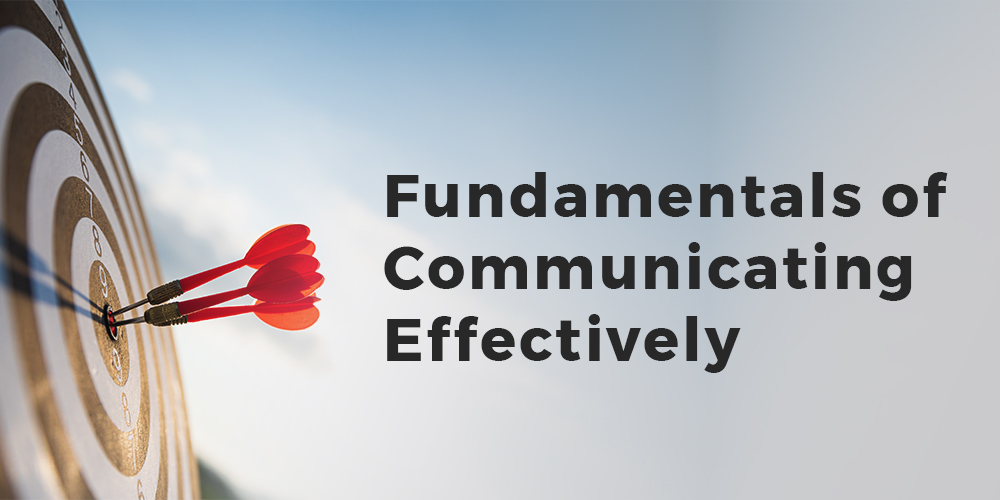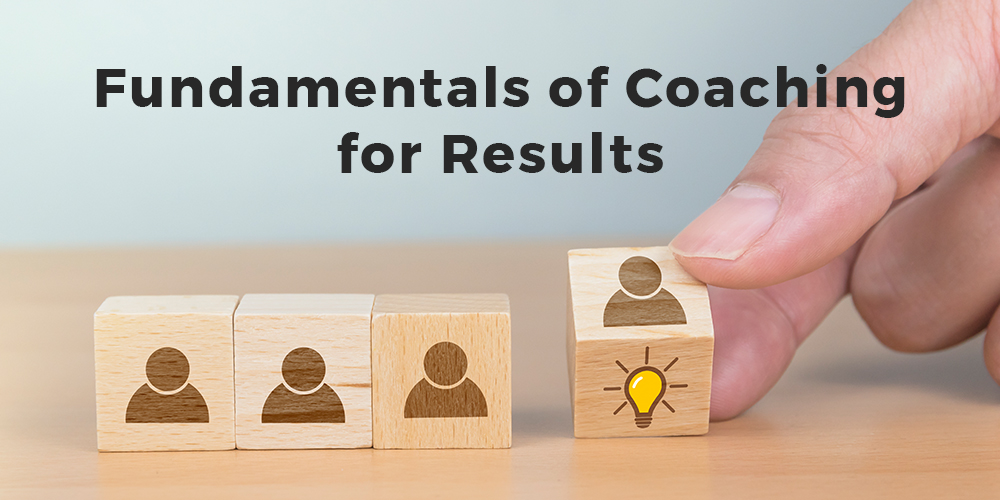Online Courses
Leadership Development Courses
If you are new to the field of emotional intelligence (EI), this course is just the ticket. Explore the basics of EI, how it affects every aspect of your life, and learn strategies for becoming more emotionally effective. You’ll love this course’s straightforward approach to EI, and it serves as a great starting point to then go on and take other courses.
Based on book of the same name, The Leaders Guide to Emotional Intelligence lets you explore, understand, and develop your emotional intelligence. In depth exploration of the topic plus highly engaging reflective activities will have you on a fast path to increasing your emotional effectiveness from the very first session.
For leader’s who already have a strong understanding of emotional intelligence, and awareness of the EQ-i Model, the EQ Applied course takes a leader specific view of EI and connects it to key areas of leadership potential, including derailing behaviours. We also explore the role that EI plays in everyday common leadership opportunities and challenges.
Effective communication is one of the cornerstone skills of being a great leader. Being able to communicate with clarity in ways that resonate with team members and foster positive relationships is critical. It is not enough to simply want to communicate effectively, there are specific components, skills and concepts that will support you to be the best communicator you can be. We explore all of this and more in this course.
Research has proven that teams that come up with their own solutions and ideas are more effective, engaged and perform at a high level. As a leader, developing your skill set in how to create an atmosphere of empowerment through coaching opens up possibilities for both yourself and your team. Effective coaches inspire, empower, and enable others to succeed. In this course we cover all things coaching!
As a leader, you make dozens of decisions every day that impact the people and processes that make up your organization. Some of these decisions are small, not complex, and have limited impact. Others are complex and have the potential to dramatically affect your potential future success or failure. In this 1 hour course we explore the complex world of decision-making, including the underlying psychology as well as the overt data that affects your choices.
Good team leaders ensure that the work gets done. Great team leaders create healthy, productive, psychologically safe work environments where people do their best work and generate outstanding results. Given the choice, do people want to work for a good team leader, or a great one? The good news is that we understand a great deal about the character, attributes and skills needed to be a great team leader, and we can show you how.
As Darwin famously opined, it’s not the strongest that survive, it’s those that adapt to changing circumstances. Successful organizations must constantly evolve at a time when we are surrounded by ever increasing changes in areas like technology, the social landscape, and even employer-employee relationship. Successful leaders understand the dynamics at play in these complex processes, and enable success for themselves, their teams, and the organization.
Human beings tend to avoid conflict wherever possible. It’s easier to deny and delay than it is to act and address. If you have been a leader in an organization for any amount of time, you’ll know that the ‘wait and hope’ approach to navigating conflict is not effective. Instead, you can learn to proactively navigate conflict, ensuring that all voices are heard, and that the most workable and practical solution can be implemented.
In today’s rapidly changing world, adaptability is becoming one of the most sought-after skills in the workplace. This course introduces a model for understanding what impacts adaptability, then delves into how to measure and improve your own adaptability and foster an adaptable environment for your team.
Questions about how our curriculums can improve your organization?












